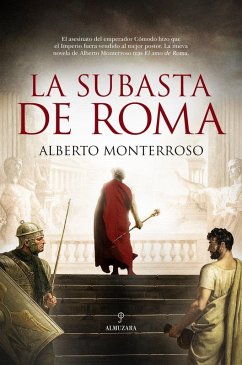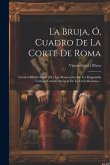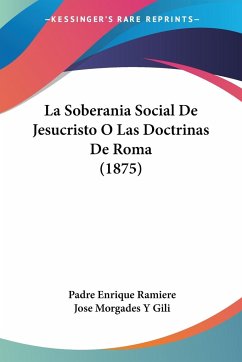The historical episode of the auction of the Roman Empire is a very relevant event in the history of Rome and humanity. To what extreme of decadence and degradation did it take the Praetorians to auction the throne of Rome? What happened so that they dared to sell the Empire to the highest bidder? From what moment does the true decadence of Rome begin? After the assassination of Lucius Aurelius Commodus (180-192 A.D.), one of his trusted generals, former commander of Marcus Aurelius, came to power and tried to redirect the situation following the path traced by the philosopher emperor, but he found it impossible to straighten the course. This was Helvius Pertinax, who suffered three conspiracies in the three months of his reign. After him came the "Auction of the Empire", the bid won by the very rich senator Didius Julianus, who ruled by the force of his money, but who was also betrayed by the Praetorians when Severus took up arms.
Hinweis: Dieser Artikel kann nur an eine deutsche Lieferadresse ausgeliefert werden.
Hinweis: Dieser Artikel kann nur an eine deutsche Lieferadresse ausgeliefert werden.








